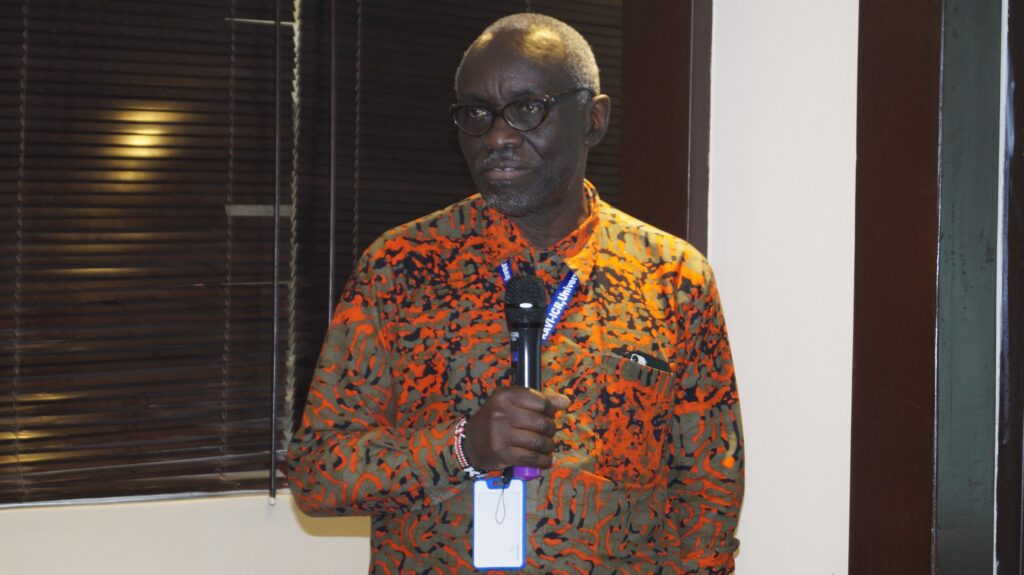Misinformation remains one of the main factors contributing to vaccine hesitancy in Kenya.
Stakeholders in the health sector say social media has provided fodder for misleading assertions which scare the public from vaccine uptake.
According to Professor Walter Jaoko, a researcher from the Institute of Clinical Research, some of the misleading information in the internet spaces is unfortunately peddled by people who are knowledgeable on the benefits of vaccines.
He noted that a lot of this misinformation is manufactured outside Kenya, targeting gullible Kenyan consumers.
World Health Organisation defines ‘vaccine hesitancy’ as the reluctance or refusal to vaccinate.

Why vaccinate
When a person gets a vaccine, the immune system responds to the antigen as if it were exposed to the actual germ. If the body gets exposed to the actual germ, the immune system can recognize it right away and quickly fight it off to prevent disease
Professor Jaoko noted that with sustained efforts by health stakeholders to address other hesitancy factors such as access to vaccines, health policy alignments, and escalating health research funding, misinformation stands out as one major challenge, noting that the media is best placed to lead this initiative following
“The media can play a very central role in passing true messages about vaccines so that people can increase vaccine uptake. Remember we can only fight misinformation by passing the correct information,” said Professor Jaoko.
For instance, Professor Jaoko pointed out that Western countries have recorded as high as 90 per cent uptake of Human Papillomavirus (HPV) vaccines, while Kenya’s uptake is about 30 per cent.
he media can play a very central role in passing true messages about vaccines so that people can increase vaccine uptake. Remember we can only fight misinformation by passing the correct information
Professor Walter Jaoko
HPV vaccine is used to prevent cervical cancer. However, sustained misinformation point to the vaccine as laced with contents of birth control drugs.
Professor Jaoko was speaking during a Science Café organised by Media for Environment, Science, Health and Agriculture (MESHA) held in Nairobi on June 12, where he noted that despite media having played a huge role in enhancing public awareness on the benefits of vaccines, there needs to be more concerted efforts in combatting misinformation targeting vaccines.
MESHA’s science cafes are regular forums that bring together journalists and experts in various science subjects to share knowledge on emerging trends in the various sectors.
Herd immunity
Professor Jaoko’s sentiments were echoed by Dr Christine Chege, a Paediatric Infectious Disease Specialist who noted that vaccines have transformed management of various health threats due to achievement of herd immunity in some diseases.
‘Herd immunity’ is the indirect protection from an infectious disease that happens when a population is immune either through vaccination or immunity developed through previous infection.
“It is because of vaccination that diseases such as small pox were defeated. It is because of vaccination that many children are born free from health complications such as measles,” said Dr Chege who is also a member of the Kenya Pediatrics’ Association, and a Lecturer at Kenyatta University.
Dr Chege urged parents to ensure their children get all the recommended doses of vaccines, as this is the best way to reduce disease burdens.
